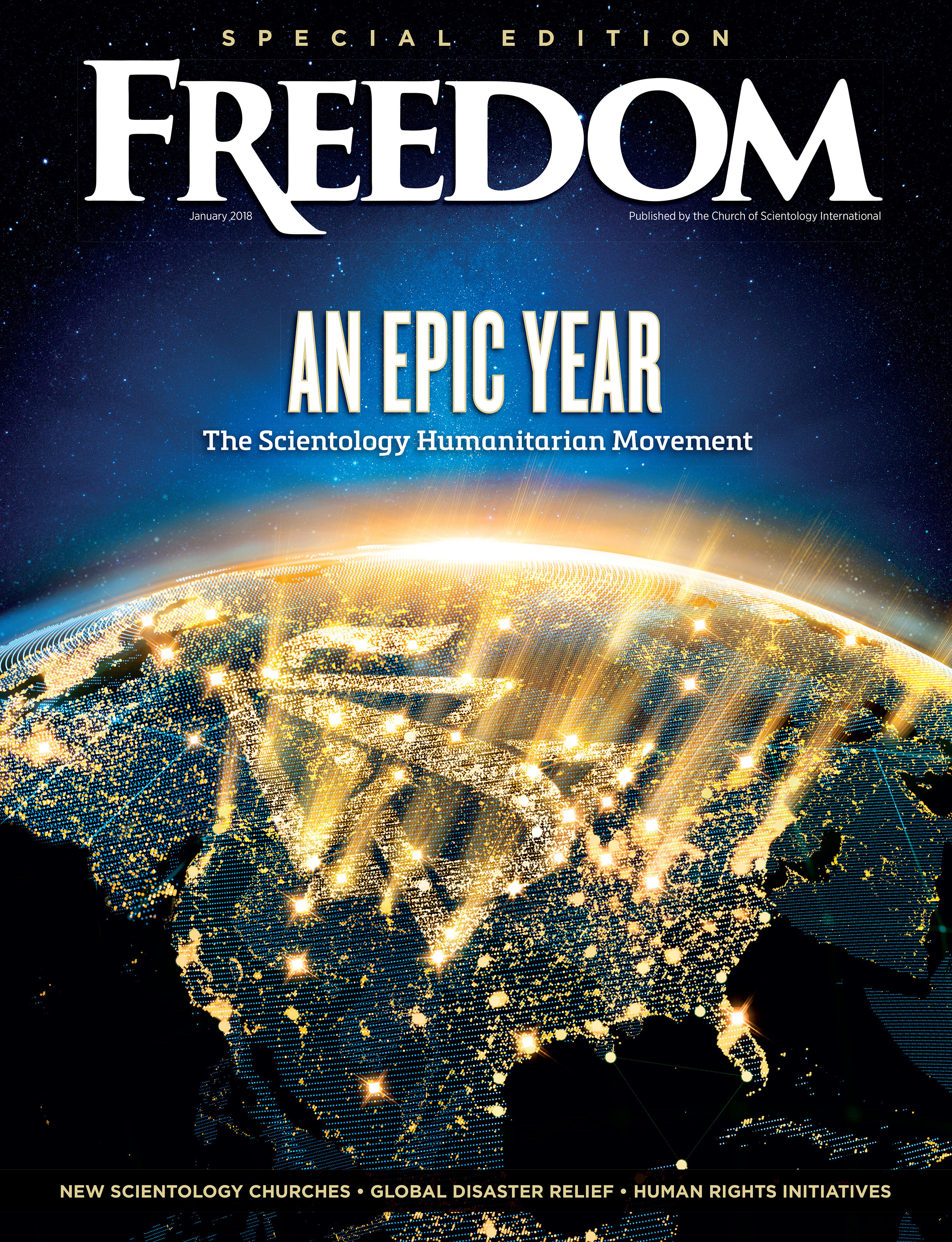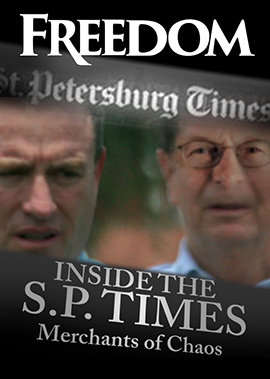“Who here is scared of a snake?” she asks. Several dozen arms shoot up, accompanied by nervous giggles. Mission accomplished (attention gotten), Yvette can now proceed to enlighten the kids, children of a local African village, on the importance of snakes to the environment in general and how their existence actually helps them, their friends and their families.
“If we allow this growing list of extinction to continue … I’ve got to tell you, at some point human beings enter the extinction list.”
Yvette Taylor’s main occupation is indeed to get attention—from kids, from grown-ups, from governments and like-minded groups. And she and her team at TEO have done just that. Through eco-safaris for adults, eco-camps for kids, local training in land restoration and stewardship and widespread coverage in radio, TV and news media, they have educated millions on environmental issues.
Based in South Africa, Yvette has shepherded TEO in making significant strides in protecting wildlife, the environment and natural resources. The state-of-the-art rhino orphanage the organization helped spearhead is a shining example. There, orphaned rhino calves—whose mothers were killed for their horns—live in a safe, nurturing environment. Free from the rifles of poachers, they’re protected, rehabilitated, raised to young adulthood and released back into the wild. Other contributions include a sophisticated aerial anti-poaching surveillance system across KwaZulu-Natal; a land rehabilitation and game reserve model that empowers poor communities; and a Ugandan initiative that enables forest regeneration by creating buffer zones between people and natural areas.
And it’s all under the banner: “Because none survive alone.”
The motto is simply explained. “If you look at the rhino and the elephant,” Yvette says, “they push over the small trees. They bush clear for you. They create an environment where grass can grow. And with grass come your pollinators, come your frogs, insects. When you get down to your pollinators, you’re dealing with a basic building block of survival. Because without bees and certain pollinating insects, you wouldn’t have trees, and a lot of plants would not create seeds and continue. So, all these little elements come together. Each animal and insect plays a specific role in that chain.”
We humans, too, are on that chain. Our lives depend on the balance created by all those components and, as Yvette warns, “If we allow this growing list of extinction to continue … I’ve got to tell you, at some point human beings enter the extinction list.”
“We already have the answers. It’s just getting it implemented,” she tells Freedom. “Nature has an ability to recover very quickly. It just takes some human effort to make those changes so that it has the ability to come back. It’s quite real for this planet to have the ability to sustain humanity and the animal kingdom if we just manage it correctly.”
Saving the planet wasn’t always on Yvette’s docket. She was settled in life, married and with a child, working “an ordinary office job, which wasn’t too bad” when destiny came knocking.
Legendary environmentalist Lawrence Anthony—famed for uniting opposing Iraq War forces to save the animals at the Baghdad Zoo—asked her to lead his Earth Organization. Despite having no experience with environmental conservation, let alone running an international nonprofit, and with a deep love of animals and nature as her sole credential, she said yes.
Yvette knows it’s unlikely she could have so readily and effectively done a 180 on her career path and taken on all its challenges without the knowledge and communication skills she achieved from Scientology. With those tools, “I was up for it,” she says. “I was keen for it.”
Keen for an uphill battle where the stakes are the planet itself and every living thing inhabiting it?
“It’s not like we have to go and find a new planet,” she says with a wink. “We can fix this one. We’ve just got to do it.”






















